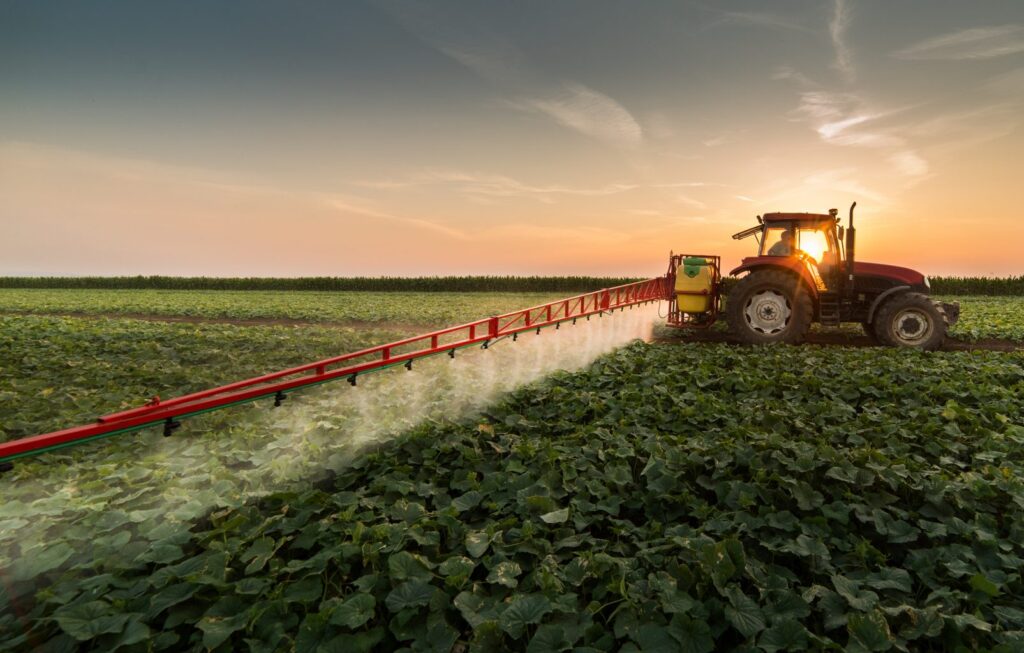How to choose the right business structure for your farming future
Farming businesses are evolving faster than ever before. With new opportunities in renewable energy, biodiversity net gain, carbon capture, and other natural capital projects, landowners are increasingly rethinking how they structure their businesses. The right legal framework can protect family wealth, improve tax efficiency, and open doors to growth — while the wrong one can create complexity and risk.
In this article, we explore the options available to farming families and landowners — from companies and LLPs to trusts and collaborative ventures — and outline the key considerations for shaping a structure that supports your ambitions.
Companies and LLPs: Finding the Right Fit
Companies and LLPs (Limited Liability Partnerships) remain popular choices for farming and rural businesses, but each works very differently.
- Companies provide flexibility, separating ownership from management and enabling outside investment if needed. However, this separation can sometimes create tension within family-run businesses if decision-makers and shareholders aren’t aligned.
- LLPs, meanwhile, combine ownership and management, keeping members personally connected to the business. While it’s possible to assign an interest in an LLP, active involvement by a new member usually requires the agreement of everyone else.
Choosing between these structures depends on your priorities — whether that’s keeping control tightly within the family, attracting external capital, or building a structure that can evolve with the business over time.
Protecting Family Ownership
For many farming families, keeping control of land and business assets within the family is a top priority. There are several ways to safeguard this:
- Trusts or discretionary trusts allow shares to be held collectively, ensuring flexibility while protecting against risks such as divorce or creditor claims.
- Shareholders’ agreements and bespoke articles of association can place restrictions on who can hold shares — for example, limiting ownership to family members or specific beneficiaries.
These approaches provide peace of mind that family assets will remain protected for future generations while still allowing the business to grow and adapt.
Planning for Succession
With agricultural businesses often spanning generations, succession planning is critical. Both companies and LLPs benefit from having their own legal identity, meaning the business continues even if an owner passes away. However, clear arrangements are essential:
- For LLPs, an agreement should set out how the value of a departing member’s share will be calculated and distributed.
- For companies, tailored shareholders’ agreements and articles of association help ensure your wishes are carried out when passing down ownership.
Taking time to plan now can prevent future disputes and ensure a smooth transition between generations.
Collaborative Ventures: Working Smarter, Together
As farming and rural businesses diversify, many are entering partnerships with other landowners, developers, and investors. These collaborations can unlock new income streams, but the structure matters:
- Contractual joint ventures enable parties to share profits without forming a formal partnership, with clear terms agreed upfront.
- Joint Venture Companies (JVCs) create a separate entity to manage the collaboration, providing more structure and flexibility.
- Mutuals and co-operatives offer ways to share ownership of community assets or projects while delivering benefits for a wider group.
Each model carries different tax, liability, and governance implications, so it’s vital to seek advice before committing.
Unlocking Your Land’s Potential
With new opportunities for diversification, sustainability, and growth, the way you structure your business can make a real difference — not just today, but for generations to come.
At Shakespeare Martineau, our agricultural and private wealth specialists work together to help you choose the right approach, protect your assets, and make the most of what’s possible.
Get in touch with our team to discuss the best structure for your farming business.






